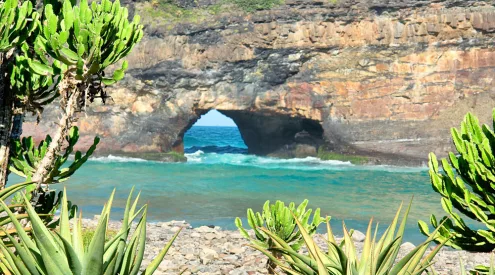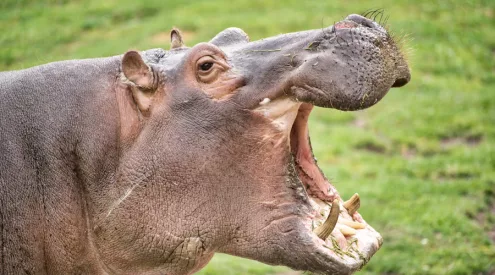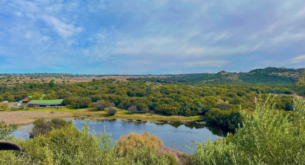A mysterious-looking, white octopus was discovered off the coast of Hawaii in 2016, at a depth of 4 296 m. No one had ever seen this species before, and the animal was dubbed ‘Casper’ due to its ghostly appearance.
Until then, the only octopuses thought to survive at such depths were the dumbo octopus, which occur at depths of 6 957 m.
Michael Vecchione, an NOAA zoologist working for the Smithsonian Institution who saw Casper on Okeanos Explorer’s 2016 live stream for the first time – a National Oceanic and Atmospheric Administration ship – told National Geographic that ‘it didn’t look like anything that’s been documented in the scientific literature’.
On top of encountering a new species, Casper is unusual for another reason: It is the deepest dwelling octopod without fins. Most deep-dwelling octopods, like dumbo octopuses, have fins.
But Casper has gained more and more time in the spotlight as scientists have learnt more about these animals after scouring through deep sea footage across the pacific, spotting more octopuses like Casper perched on the seabed – there are now two known species of this ghostly octopus.
‘It could be that they’re fairly common,’ Janet Voight, associate curator of invertebrate zoology at the Field Museum of Natural History in Chicago told The Guardian. ‘It’s just an indicator of how little we know about what’s down there.’
Voight believes that Casper could be a breakthrough in octopus evolution, where this octopus with its short stumpy legs latches onto dead sponges at the ocean’s depths, where it will stay for several years to protect its young. This was revealed in a recent study in Current Biology, which revealed that the octopus will not leave to feed, waning away until the eggs hatch and it dies.
After more than five years since Casper’s discovery, this is all we seem to know about these animals, which are yet to be officially named. ‘With an octopus, you really need it in your hand,’ says Voight, and no one has been able to collect a specimen yet.
Picture: Screenshot from video
ALSO READ: Rare beluga whale trapped in France’s River Seine


















